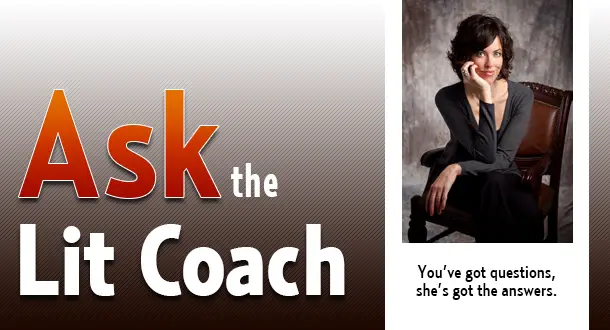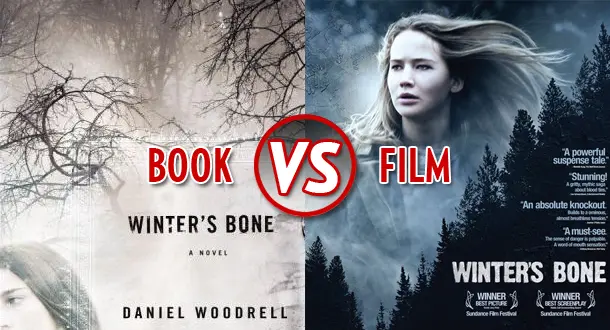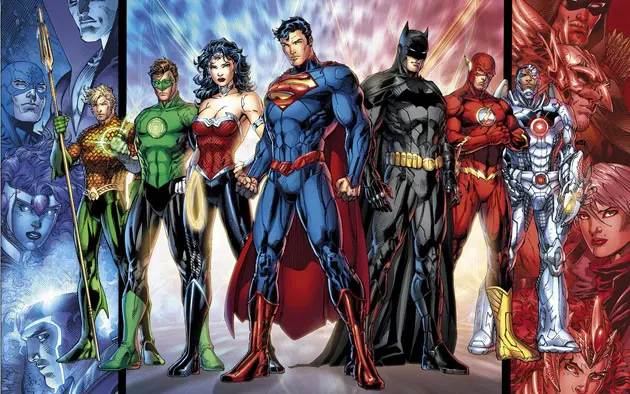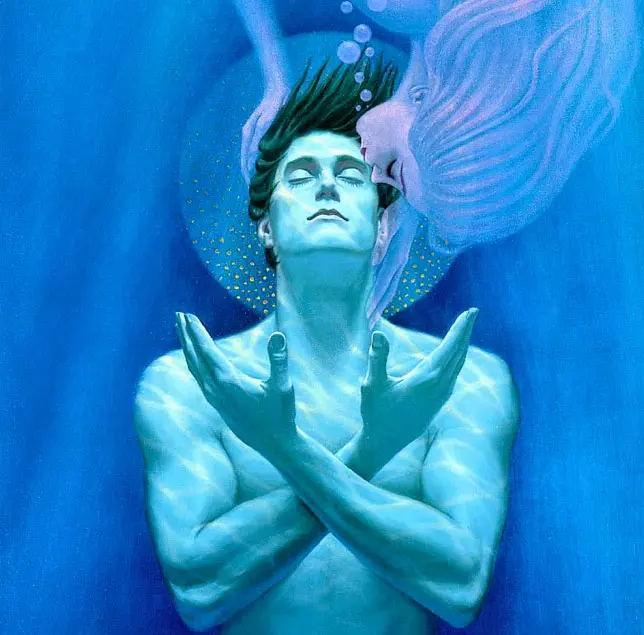Columns
Showing 3560 Columns
Showing 3560 Columns
October 10th, 2011
I asked for your questions about all things publishing last week and you delivered, LitReactors! This week I'm answering two of the most frequently asked questions I received as an agent and continue to receive as a consultant. As always, I give you my best counsel, straight up.
Read Column →October 7th, 2011
Header via Free Images Change is afoot in the publishing industry. Stories about self-pubbed authors making big money have been all over the papers... well, all over the websites of the papers, at least. Stephen Leather! Amanda Hocking! GP Taylor!
Read Column →October 7th, 2011
Original Shakespeare portrait via Wikipedia Commons, public domain All author photos via Wikipedia Commons, public domain Hero worship is a dangerous proposition, especially in literature. Writers are a notoriously temperamental bunch, and few are suited to a Brad Pitt level of public scrutiny. By putting your favorite author on a pedestal, you are setting yourself up for disappointment should you ever choose to peer behind the curtain.
Read Column →October 6th, 2011
Allow me to preface my own megillah: this series is one that focuses on the best effort to tell a story. If a film adaptation is awful, I'm going to tell you. If the book is awful, I'm going to tell you. Perhaps both--reach into recent history and I'm sure you can recall both terrible novels and their ungodly film versions. Think: vampire. If the source material and the film are wildly different, I'm definitely going to tell you. But the story itself is my concern. Sound good? Let’s do this. Beyond here be spoilers.
Read Column →October 5th, 2011
Original Photo by Gerhard Lipold As writers, we’re constantly told to avoid the cliché. MFA programs in particular indoctrinate an almost Pavlovian shock response against it; workshops introduce a wearingly familiar ritual where even the most minor characters are raked over the literary coals if they fail to achieve Hazel Motes levels of compelling. To an extent the witch-hunt is justified.
Read Column →October 4th, 2011
"What are they thinking?" It was the question posed in comic shops all around the world and a topic of much debate amongst the many message boards out there. Why would DC take all their comics, relaunch everything with brand-new number one issues, and change the history of characters - and the DC Comics universe as a whole - when there is already such a rich history? 52 new books released within the span of a month. A lot of people want to know which books are worth their money and which are better left to rot on the shelf.
Read Column →October 3rd, 2011
Image by Mattox via Free Images Shortly after the new year, when it became apparent that Borders Books and Music would be shuttering its doors, my father wrote me an e-mail and reminded me that I might want to spend any unused gift cards I had laying around (these being a favorite of outer-orbit family friends and relations). Once the chain had sunk for good, they would be worthless.
Read Column →October 3rd, 2011
Whatever prose sensibilities you have, they most likely don’t let you use, say, ampersands in your fiction. Why, though? Is it that that kind of symbolic shorthand foregrounds itself on the page, taking attention away from the words that are trying to mean by way of sound rather than sight? Is it that we associate that kind of symbolic economy with billboard signs, which need to be readable at highway speeds? Is it that the word the ampersand is replacing, ‘and,’ isn’t all that bulky in the first place, kind of suggesting that shortening it’s redundant?
Read Column →October 1st, 2011
It seems as if Hollywood is entirely bereft of fresh material. Next year, three different live-action Snow White films will be released in the States. Disney is still terrorizing audiences with the threat of fifth and sixth Pirates of the Caribbean flicks. The undoubtedly abysmal ninth Hellraiser film was released this year. And yet the dudes with the deep pockets can’t find it within themselves to fund adaptations of some of the greatest sci-fi novels of all time? Producers, if you’re out of ideas, please allow me to help. I work for beer.
Read Column →October 1st, 2011
Image via Free Images I follow a lot of literary journals and independent bloggers, so about three or four times a week I’m hit with that update regarding so-and-so’s top however-many tips on social networking—typically, a litany of how-to’s in relation to Twitter hash tags and Goodreads book giveaways. They never tend to be anything particularly enlightening (read enough of these and you start to see the same ones crop up), however, these posts seem to be contributing to a prevailing trend in literature that is: getting people to pay attentio
Read Column →🎼
Take our 1 minute quiz to find your ideal tunes.









